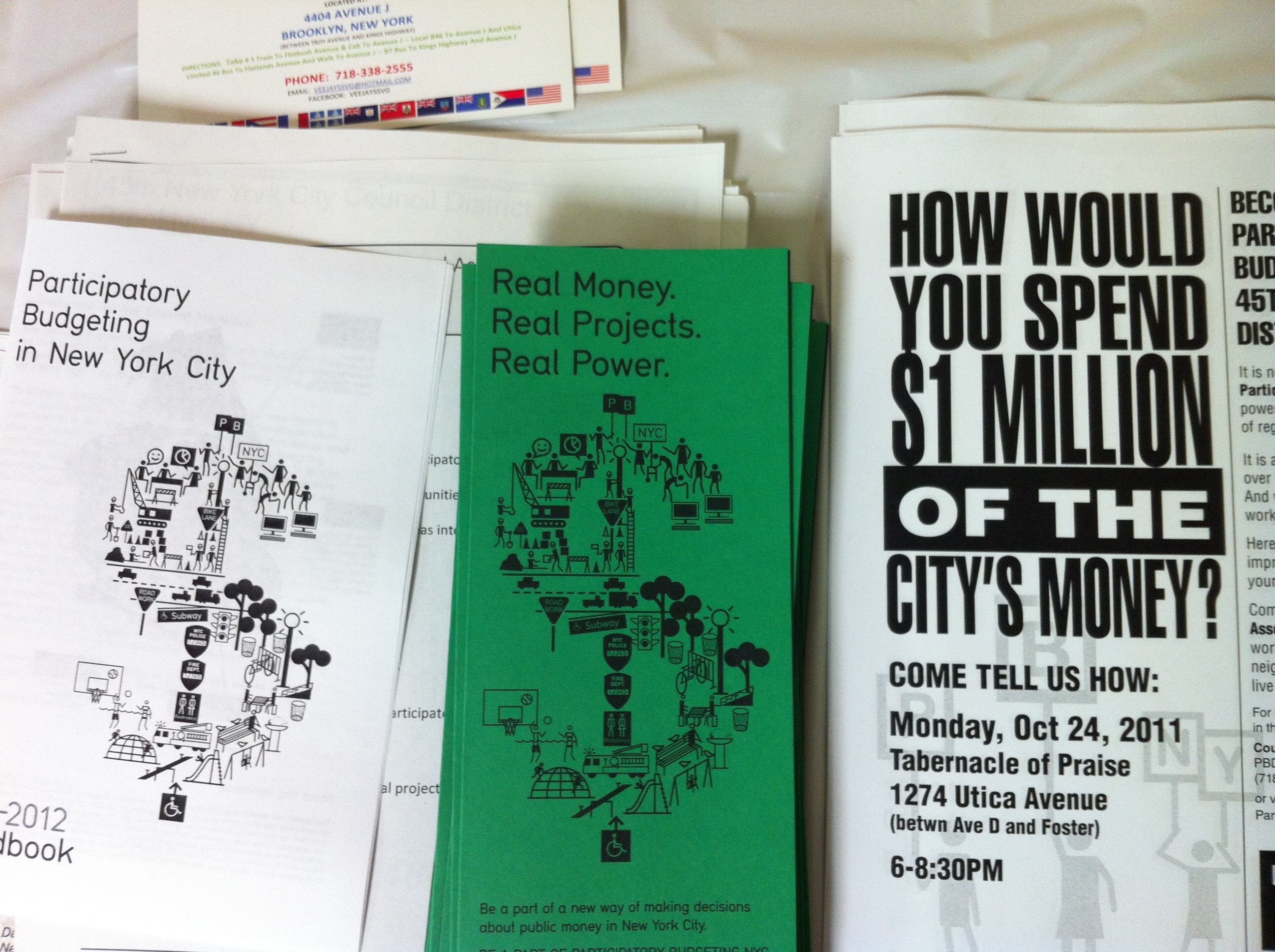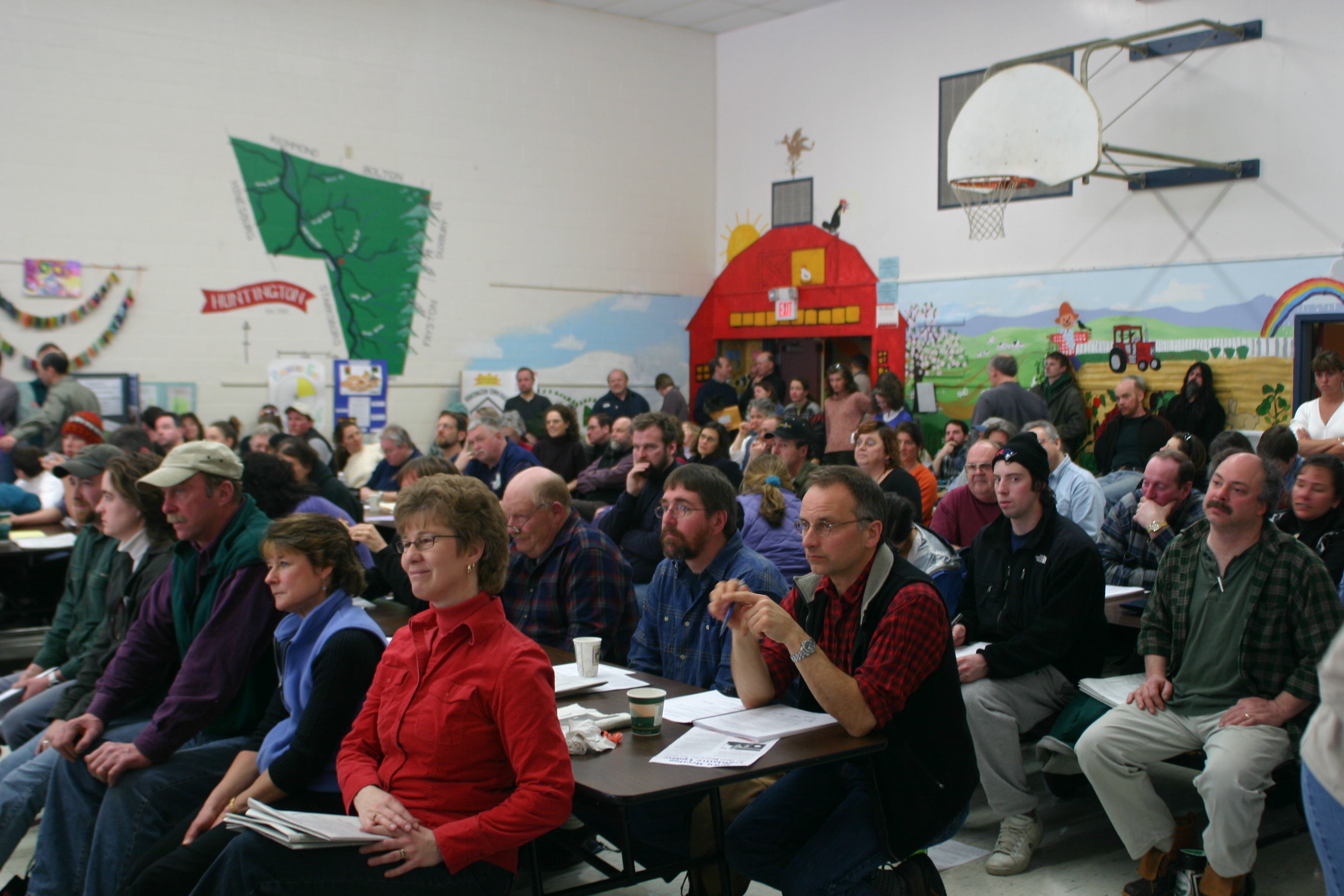|
Direct Democracy
Direct democracy or pure democracy is a form of democracy in which the Election#Electorate, electorate directly decides on policy initiatives, without legislator, elected representatives as proxies, as opposed to the representative democracy model which occurs in the majority of established democracies. The theory and practice of direct democracy and participation as its common characteristic constituted the core of the work of many theorists, philosophers, politicians, and social critics, among whom the most important are Jean-Jacques Rousseau, John Stuart Mill, and G. D. H. Cole, G.D.H. Cole. Overview In direct democracy the people decide on policies without any intermediary or representative, whereas in a representative democracy people vote for representatives who then enact policy initiatives. Depending on the particular system in use, direct democracy might entail passing executive decisions, the use of sortition, making laws, directly electing or dismissing officials, a ... [...More Info...] [...Related Items...] OR: [Wikipedia] [Google] [Baidu] |
Landsgemeinde Glarus 2006
The ''Landsgemeinde'' ("cantonal assembly"; , plural ''Landsgemeinden'') is a public, non-secret ballot voting system operating by majority rule. Still in use – in a few places – at the subnational political level in Switzerland, it was formerly practiced in eight cantons. For practical reasons , the ''Landsgemeinde'' has been abolished at the cantonal level in all but two cantons where it still holds the highest political authority: Appenzell Innerrhoden and Glarus. The ''Landsgemeinde'' is also convened in some districts of Appenzell Innerrhoden, Grisons and Schwyz to vote on local questions. The German term ''Landsgemeinde'' itself is attested from at least the 16th century, in the 1561 dictionary of Pictorius. It is a compound from ''Land'' "land, canton; rural canton" and '' Gemeinde'' "community, commune". Eligible citizens of the canton or district meet on a certain day in the open air to decide on specific issues. Voting is accomplished by raising one's hand in ... [...More Info...] [...Related Items...] OR: [Wikipedia] [Google] [Baidu] |
Switzerland
Switzerland, officially the Swiss Confederation, is a landlocked country located in west-central Europe. It is bordered by Italy to the south, France to the west, Germany to the north, and Austria and Liechtenstein to the east. Switzerland is geographically divided among the Swiss Plateau, the Swiss Alps, Alps and the Jura Mountains, Jura; the Alps occupy the greater part of the territory, whereas most of the country's Demographics of Switzerland, 9 million people are concentrated on the plateau, which hosts List of cities in Switzerland, its largest cities and economic centres, including Zurich, Geneva, and Lausanne. Switzerland is a federal republic composed of Cantons of Switzerland, 26 cantons, with federal authorities based in Bern. It has four main linguistic and cultural regions: German, French, Italian and Romansh language, Romansh. Although most Swiss are German-speaking, national identity is fairly cohesive, being rooted in a common historical background, shared ... [...More Info...] [...Related Items...] OR: [Wikipedia] [Google] [Baidu] |
Athenian Assembly
The ecclesia or ekklesia () was the assembly of the citizens in city-states of ancient Greece. The ekklesia of Athens The ekklesia of ancient Athens is particularly well-known. It was the popular assembly, open to all male citizens as soon as they qualified for citizenship.In the fourth century, this would have been after two years of military service, i.e. at 20 years of age rather than 18. In 594 BC, Solon allowed all Athenian citizens to participate, regardless of class. The assembly was responsible for declaring war, military strategy and electing the strategoi and other officials. It was responsible for nominating and electing magistrates ( árchontes), thus indirectly electing the members of the Areopagus. It had the final say on legislation and the right to call magistrates to account after their year of office. A typical meeting of the Assembly probably contained around 6,000 people, out of a total citizen population of 30,000–60,000. It would have been difficult, ... [...More Info...] [...Related Items...] OR: [Wikipedia] [Google] [Baidu] |
Participatory Budgeting
Participatory budgeting (PB) is a type of citizen sourcing in which ordinary people decide how to allocate part of a municipal or public budget through a process of democratic deliberation and decision-making. These processes typically begin with a series of neighborhood Popular assembly, popular assemblies to initiate and discuss proposals and end with Participatory budgeting ballot types, voting on the final decisions. Participatory budgeting allows citizens or residents of a locality to identify, discuss, and prioritize public spending projects, and gives them the power to make real decisions about how money is spent. Participatory budgeting processes are typically designed to involve those left out of traditional methods of public engagement, such as low-income residents, non-citizens, and youth. A comprehensive case study of eight municipalities in Brazil analyzing the successes and failures of participatory budgeting has suggested that it often results in more equitable ... [...More Info...] [...Related Items...] OR: [Wikipedia] [Google] [Baidu] |
New England
New England is a region consisting of six states in the Northeastern United States: Connecticut, Maine, Massachusetts, New Hampshire, Rhode Island, and Vermont. It is bordered by the state of New York (state), New York to the west and by the Canadian provinces of New Brunswick to the northeast and Quebec to the north. The Gulf of Maine and Atlantic Ocean are to the east and southeast, and Long Island Sound is to the southwest. Boston is New England's largest city and the capital of Massachusetts. Greater Boston, comprising the Boston–Worcester–Providence Combined Statistical Area, houses more than half of New England's population; this area includes Worcester, Massachusetts, the second-largest city in New England; Manchester, New Hampshire, the largest city in New Hampshire; and Providence, Rhode Island, the capital of and largest city in Rhode Island. In 1620, the Pilgrims (Plymouth Colony), Pilgrims established Plymouth Colony, the second successful settlement in Briti ... [...More Info...] [...Related Items...] OR: [Wikipedia] [Google] [Baidu] |
Town Meeting
Town meeting, also known as an "open town meeting", is a form of local government in which eligible town residents can directly participate in an assembly which determines the governance of their town. Unlike representative town meeting where only elected representatives can participate in the governing assembly, any town voter may participate in an open town meeting. This form is distinct from town hall meetings held by elected officials to communicate with their constituents, which have no decision-making power. At a town meeting, attendees determine the ordinances or rules of the town, its boards and commissions, elected and appointed positions, capital investments, expenditures, budgets, and local taxation, as well as the manner and frequency of future town meetings. Because towns self-govern and maintain their autonomy, town meetings vary from state to state, as well as from town to town. Since town residents directly participate in their own governance and represent th ... [...More Info...] [...Related Items...] OR: [Wikipedia] [Google] [Baidu] |
Landsgemeinde
The ''Landsgemeinde'' ("cantonal assembly"; , plural ''Landsgemeinden'') is a public, non-secret ballot voting system operating by majority rule. Still in use – in a few places – at the subnational political level in Switzerland, it was formerly practiced in eight cantons. For practical reasons , the ''Landsgemeinde'' has been abolished at the cantonal level in all but two cantons where it still holds the highest political authority: Appenzell Innerrhoden and Glarus. The ''Landsgemeinde'' is also convened in some districts of Appenzell Innerrhoden, Grisons and Schwyz to vote on local questions. The German term ''Landsgemeinde'' itself is attested from at least the 16th century, in the 1561 dictionary of Pictorius. It is a compound from ''Land'' "land, canton; rural canton" and '' Gemeinde'' "community, commune". Eligible citizens of the canton or district meet on a certain day in the open air to decide on specific issues. Voting is accomplished by raising one's han ... [...More Info...] [...Related Items...] OR: [Wikipedia] [Google] [Baidu] |
Athenian Democracy
Athenian democracy developed around the 6th century BC in the Ancient Greece, Greek city-state (known as a polis) of Classical Athens, Athens, comprising the city of Athens and the surrounding territory of Attica, and focusing on supporting liberty, equality, and security. Although Athens is the most familiar of the democratic city-states in ancient Greece, it was not the only one, nor was it the first; multiple other city-states adopted similar democratic constitutions before Athens. By the late 4th century BC, as many as half of the over one thousand existing Greek cities might have been democracies. Athens practiced a political system of legislation and executive bills. Participation was open to adult, free male citizens (i.e., not a metic, woman or slave). Adult male citizens probably constituted no more than 30 percent of the total adult population. Solon (in 594 BC), Cleisthenes (in 508–07 BC), and Ephialtes (in 462 BC) contributed to the development of Athenian democrac ... [...More Info...] [...Related Items...] OR: [Wikipedia] [Google] [Baidu] |
Popular Assembly
A popular assembly (or people's assembly) is a gathering called to address issues of importance to participants. Popular assemblies tend to be freely open to participation, in contrast to elected assemblies and randomly-selected citizens' assemblies, and are a form of direct democracy. Some popular assemblies consist of people invited from a location, while others invite them from a workplace, industry, educational establishment or protest movement. Some are called to address a specific issue, while others have a wider scope. The term is often used to describe gatherings that address, what participants feel are, the effects of a democratic deficit in representative democratic systems. Sometimes assemblies are created to form an alternative power structure, other times they work with other forms of government. Overview Popular assemblies have a long history. The most famous example in ancient times is the Athenian democracy, where an assembly open to all male citizens wa ... [...More Info...] [...Related Items...] OR: [Wikipedia] [Google] [Baidu] |
Consensus Democracy
Consensus democracy is the application of consensus decision-making and supermajority to the process of legislation in a democracy. It is characterized by a decision-making structure that involves and takes into account as broad a range of opinions as possible, as opposed to majoritarian democracy systems where minority opinions can potentially be ignored by vote-winning majorities. Constitutions typically require consensus or supermajority. A consensus government is a national unity government with representation across the whole political spectrum. A concordance democracy is a type of consensus democracy where majority rule does not play a central role. Optional referendums and popular initiatives correspond to consensus democracy. Examples Consensus democracy is most closely embodied in certain countries such as Switzerland, Germany, Austria, Denmark, Lebanon, Sweden, Iraq, and Belgium, where consensus is an important feature of political culture, particularly with a vi ... [...More Info...] [...Related Items...] OR: [Wikipedia] [Google] [Baidu] |
Popular Initiatives
A popular initiative (also citizens' initiative) is a form of direct democracy by which a petition meeting certain hurdles can force a legal procedure on a proposition. In direct initiative, the proposition is put directly to a plebiscite or referendum, also called a ''popular initiated referendum'' or ''citizen-initiated referendum''. In an indirect initiative, the proposed measure is first referred to the legislature, and then if the proposed law is rejected by the legislature, the government may be forced to put the proposition to a referendum. The proposition may be on federal level law, statute, constitutional amendment, charter amendment, local ordinance, obligate the executive or legislature to consider the subject by submitting it to the order of the day. In contrast, a popular referendum that allows voters only to repeal existing legislation. [...More Info...] [...Related Items...] OR: [Wikipedia] [Google] [Baidu] |





